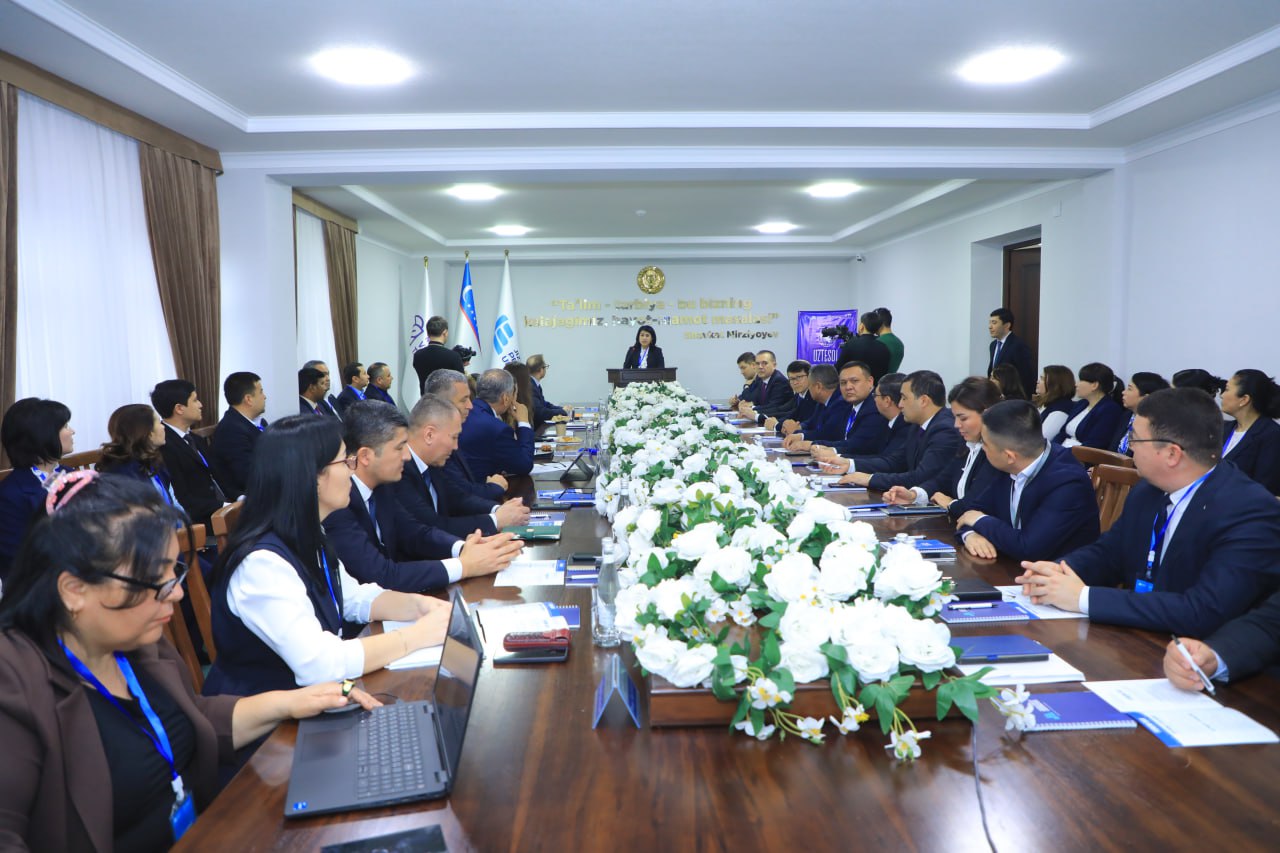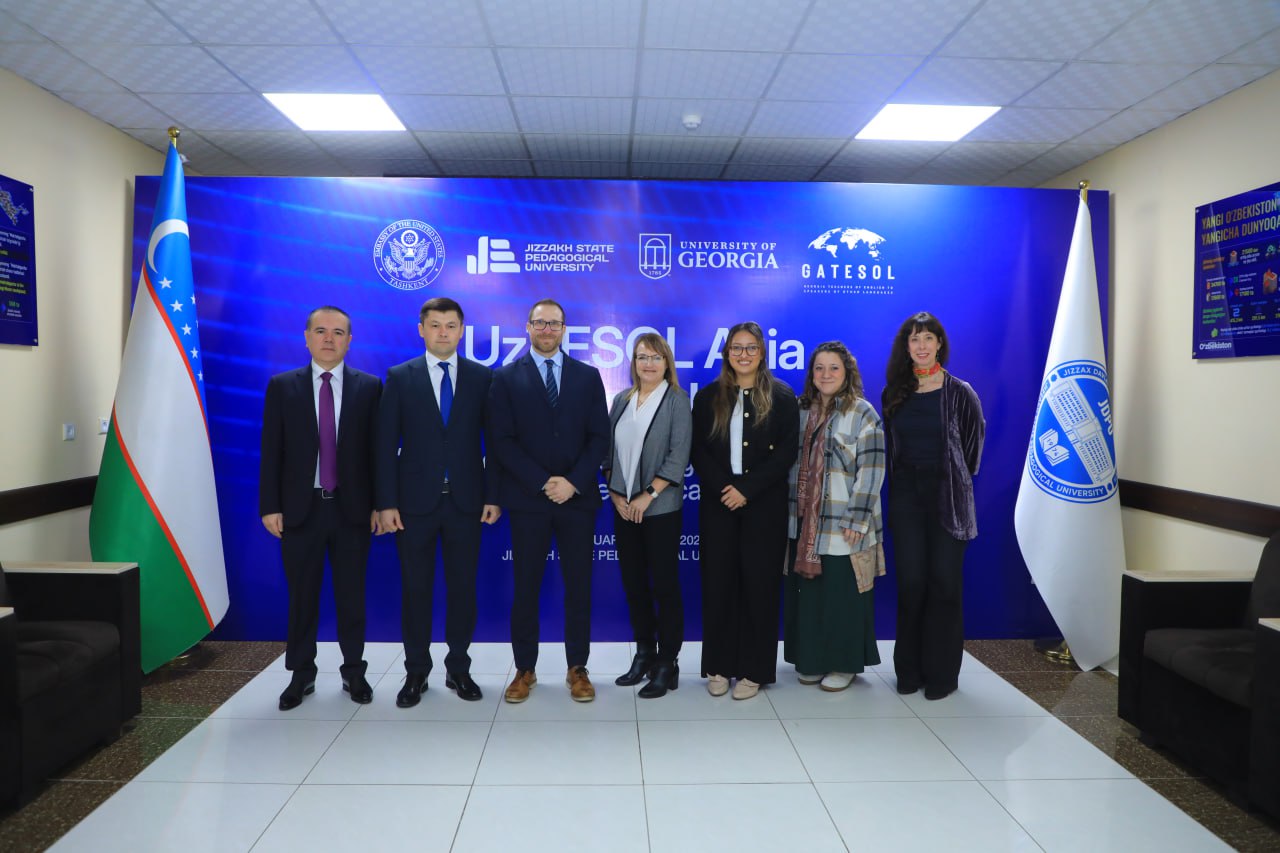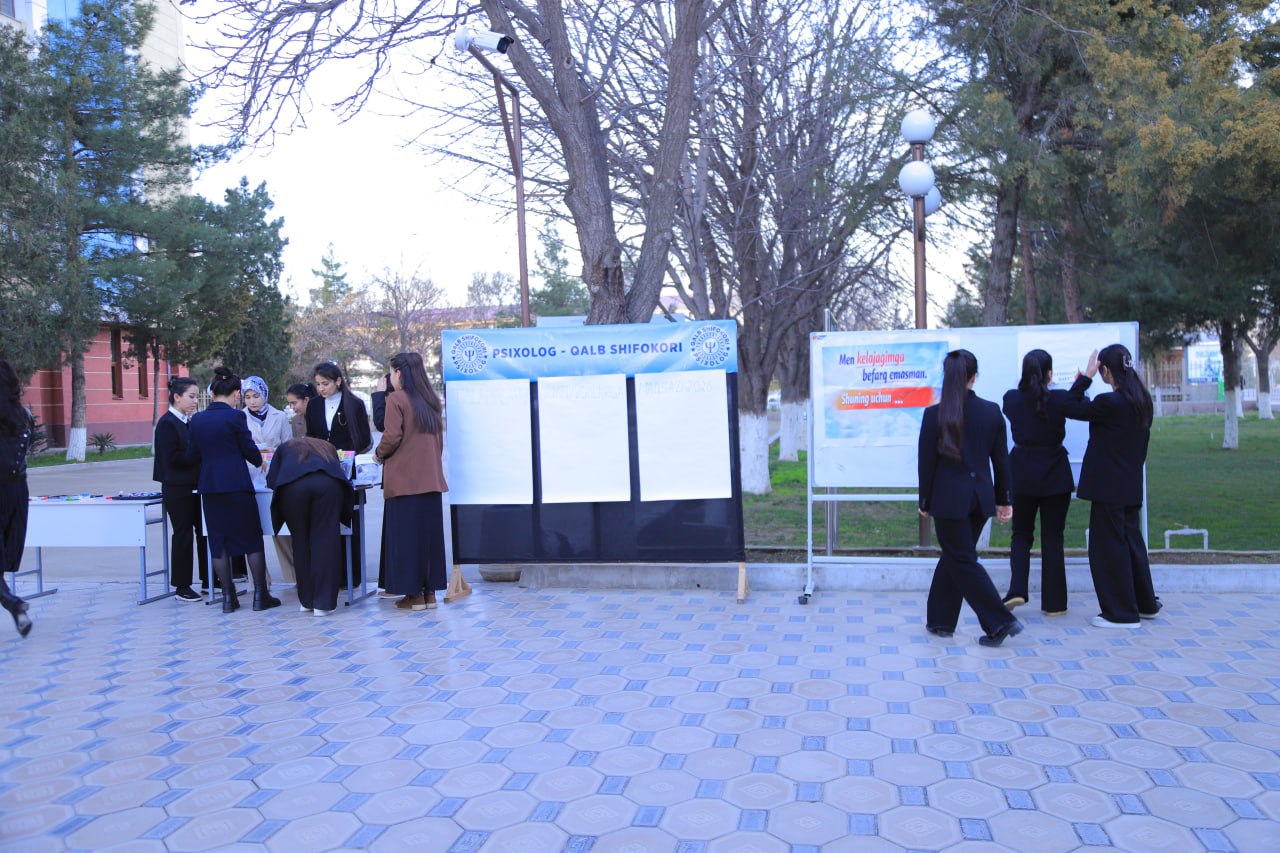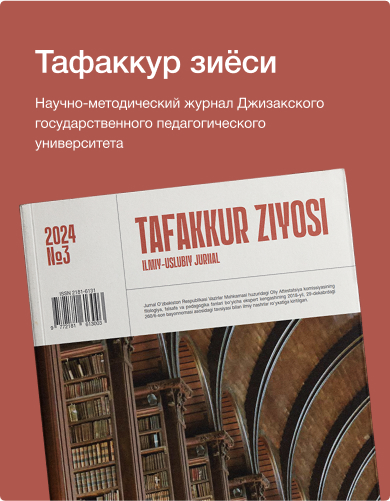Senior teacher of the department of English language theory and practice: Mustofakulova M.A.
It is known that libraries have been a center of spirituality and enlightenment for people since ancient times, and the human race has always lived in search of books. Libraries have always been an integral part of society. It is no secret that ancient manuscripts, printed books, sources about historical figures have reached us only thanks to libraries.
The first libraries appeared in the territory of Uzbekistan in the last centuries of the 1st millennium BC. These are the first libraries, kutub means “books” in Arabic, khana means “house” in Persian, that is, a place where books and documents are stored. So, what the definition of the library itself is.
In the National Encyclopedia of the Republic of Uzbekistan, “Library is considered a cultural-educational and scientific institution that provides public access to printed and some manuscripts, and regularly collects, stores, promotes and delivers printed works to readers, and information bibliographic works are carried out. Providing services to readers is the main activity of the library, and all other activities (building the book fund, organizing it, replenishing it, etc.) serve for the main activity. The place of the book in people’s life is incomparable, and the knowledge gathered over the centuries is concentrated in books and summarized in libraries, which are the center of knowledge.
The President of the Republic of Uzbekistan Sh.M. Mirziyoev said, “Each country as well as each nation in the world is powerful primarily with its intellectual potential and high spirituality. “The source of such invincible power is first of all the great discovery of human thinking – in books and libraries,” he said during his visit to the Republic of Turkey. During this visit, copies of “Usman Mushafi” and other rare works and more than 350 books on various topics were presented to the Public Library under the President of Turkey. It can be seen from this that it is possible to show libraries as a place that is under the constant attention of the heads of state.
Observing the construction process of the Alisher Navoi National Library building in Tashkent, our President said, “Next year we will celebrate the 580th anniversary of our great grandfather Alisher Navoi’s birth. It is important to systematically teach our youth about the works of Hazrat Navoi. Therefore, it is necessary to create concise examples of Alisher Navoi’s works that today’s youth can understand, and develop various mobile applications and electronic programs.
This palace of enlightenment will be equipped based on the latest achievements of science. The rarest, unique and priceless works of our country and the world are collected in this dargah. I believe that it will become a real place of interest, a symbol of our pride and honor for all our compatriots, first of all, for you, our precious children, which will glorify the rich heritage and names of our great ancestors to the whole world. In such a complex situation, it is necessary for our youth to be sensitive and alert, to think about the interests of the Motherland first. Good qualities such as striving for knowledge and profession, considering the family as sacred, spiritual purity, respect for elders, compassion for children, loyalty to our values have been in the blood of our people and nation since time immemorial. We should not only protect our precious heritage, but also enrich it and pass it on to future generations.
The meaningful words of the President of our State, “Today, a child who reads a book leads ten children who watch TV” have not lost their significance until now.
Our state has created enough conditions for those who want to learn. In this regard, the holding of “Youngest Reader”, “Kitobkhan Oila” and other events among young people, the development of libraries and the increase of visits by not only students, but also young people and the elderly.
In the current “Age of Information Technologies” electronic library-organization, electronic textbooks and other opportunities are causing people’s lives to improve more and more positively.
However, by visiting the library and reading, a person can feel the changes in his psyche and truly visit the “world of books”.
It must be admitted that not everyone goes to the library and reads a book in the current era of Internet development. When necessary, many people read e-books through SMART phones or computers. Taking into account these factors, it is necessary to consider the implementation of various interactive projects in libraries in order to increase the interest of people, especially young people, in reading books.
Reading a book on the phone or computer is good, but one should not forget its harm to human health. Scientists have warned that children who use mobile phones are more at risk of memory and sleep disorders. Their main reason is the penetration of slow-moving electromagnetic waves into the child’s small and relatively thin cerebral cortex. In addition, doctors say that cell phone addiction, impaired memory and concentration, chronic fatigue syndrome, eye pain and stiffness, drying of the mucous membrane of the eye, and a very rapid decrease in vision. They emphasize that it will come.
In conclusion, it should be said that reading books by visiting the University library by students increases their knowledge and enters the real “world of books” and creates a basis for acquiring new knowledge.
REFERENCES:
- Presidential speeches
- National encyclopedia
- com





